
Understanding Functional Decline in the Natural Dying Process
Explore the journey of functional decline in the natural dying process. This article provides insight for caregivers and families, emphasizing the importance of documenting changes to enhance care and decision-making in life’s final chapter.
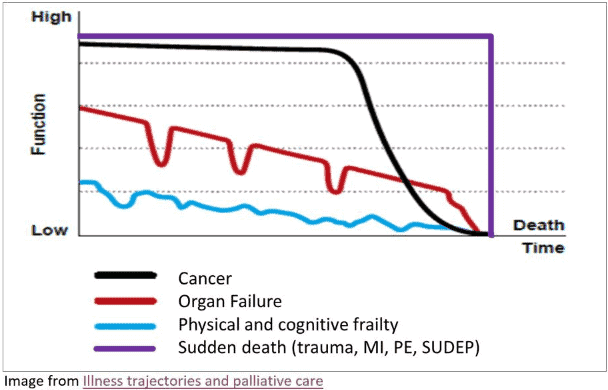
Understanding the Decline of Terminally Ill Loved Ones: Medications vs. Disease Processes
When a loved one is terminally ill, it can be a perplexing and emotional journey. Understanding the root cause of their declining health becomes paramount. It’s a complex puzzle where family members often grapple with questions: Are the symptoms a result of medications prescribed, or are they intrinsic to the terminal disease? This article delves into the critical distinctions between medication side effects and the natural progression of terminal illnesses, offering insights to empower families and caregivers in making informed decisions about their loved one’s care.
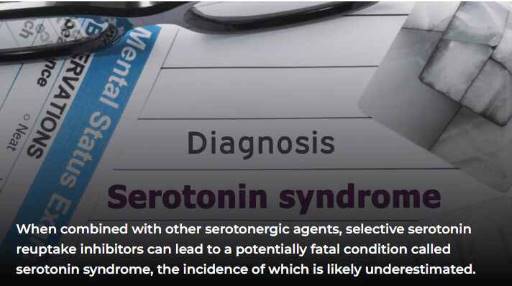
Early Detection of Serotonin Syndrome in Dementia Patients: Three Case Studies
Serotonin syndrome is a potentially life-threatening condition caused by an excess of serotonin in the body. Detecting this condition early is crucial, but it can be particularly challenging when dealing with dementia patients due to communication barriers and the complexity of their symptoms. In this article, we will present three case studies that highlight the early detection and successful management of serotonin syndrome in patients with different types of dementia: Alzheimer’s disease, vascular dementia, and Lewy Body Dementia.
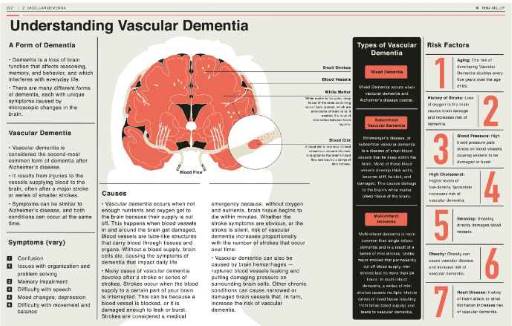
Understanding Vascular Dementia: A Guide for Families
If your loved one has been diagnosed with Vascular Dementia, it is natural to have questions and concerns about what lies ahead. This educational article aims to provide you with an overview of what to expect over the course of the disease, the changes you might see in your loved one, and how to best care for them from onset until the end of life.

Unmanaged Pain in Dementia Patients
Dementia is a condition that affects millions of people worldwide, and it can cause a range of symptoms, including pain and discomfort. Unfortunately, pain is often under-detected and undertreated in people with dementia, leading to significant suffering and a reduced quality of life. In this article, we will explore the prevalence of pain among dementia patients, the impact of unmanaged pain on their quality of life, behavioral changes that may indicate pain, and the use of the PAINAD pain scale as a tool for assessing and managing pain in dementia patients.
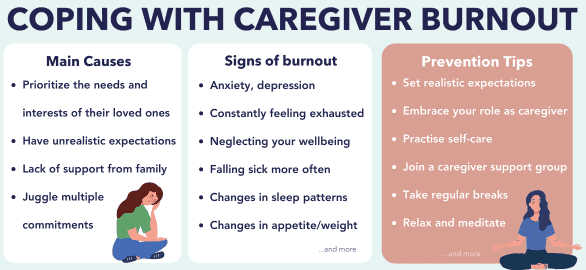
Understanding and Avoiding Caregiver Burnout when Caring for a Loved One with Dementia
Caring for a loved one with dementia can be a rewarding experience, but it can also be physically, emotionally, and mentally exhausting. Family caregivers often neglect their own well-being while focusing on the needs of their loved ones, leading to burnout. Caregiver burnout is a state of physical, emotional, and mental exhaustion that can happen when caregivers don’t get the help they need or try to do more than they are able to do. In this article, we will discuss how family caregivers of a loved one with dementia can avoid burnout and recover if they are already experiencing burnout.

Unlocking the Power of Validation Therapy in Compassionate End-of-Life Care
In the realm of hospice care, where empathy and compassion are paramount, a remarkable approach called Validation Therapy has emerged as a beacon of hope and comfort for individuals facing dementia and cognitive disorders in their final journey. As an experienced hospice registered nurse case manager, I’ve witnessed the transformative impact of Validation Therapy on patients, allowing them to find solace, regain their self-worth, and experience a sense of dignity during their end-of-life phase.

Understanding and Addressing a Terminally Ill Patient’s Fear of Impending Doom
I understand how challenging it can be for terminally ill patients to cope with their fear of impending death. It is crucial for both healthcare providers and family members to take these feelings seriously and respond with compassion and understanding. In this article, we will explore the importance of acknowledging a patient’s fear of impending doom and discuss actions that families can take to provide peace and comfort during this grim time.

Promoting Meaningful Relationships with Dementia Patients through Validation Therapy
Caring for individuals with dementia can be both challenging and rewarding. One approach that has gained recognition for promoting meaningful relationships with dementia patients is Validation Therapy, developed by Naomi Feil. This article will explore how Validation Therapy works, why it does not involve telling a single lie, and why honesty is crucial when dealing with dementia patients.
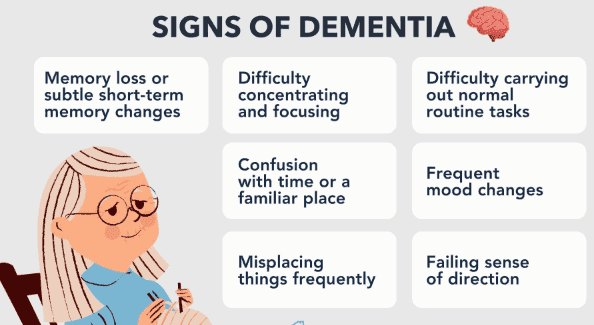
Recognizing Signs of Dementia in Your Loved One
Dementia is a condition that affects cognitive abilities such as thinking, remembering, and reasoning. It is crucial to recognize the signs and symptoms of dementia early to provide proper support. This article will help you understand the common signs and symptoms of dementia and steps you can take to address them.
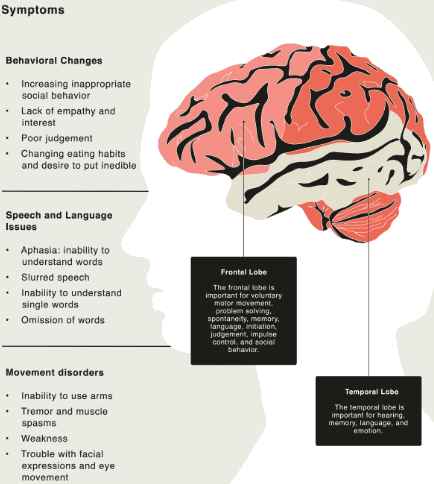
Frontal Lobe Dementia: Understanding and Caring for Your Loved One
Facing a loved one’s diagnosis of frontal lobe dementia can be overwhelming and challenging. This article aims to provide families with essential information about frontal lobe dementia, its progression, changes they might observe in their loved one, and best practices for caregiving from onset until the end of life.

Reviewing Hospice Eligibility
It’s essential to familiarize yourself with the key local coverage determination (LCD) facts for different terminal illnesses to avoid admitting patients who are not eligible for services only to be required to refund the money back to Medicare; otherwise, only have the patient on for one benefit period then discharged for failure to decline. These determinations provide guidelines on the coverage of hospice services for specific conditions. If you are the admitting nurse, please do not just admit because you were told to admit by someone, regardless of the position or standing of the person or party that told you to admit. Use your critical thinking and clinical judgment skills to evaluate the patient for admission. Most doctors will write “evaluate and treat” or something to that effect; never lose sight of the “evaluate” portion of the doctor’s order.
Based on the provided PDF files, as noted in the resources section below, let’s explore some essential information for each terminal illness.
